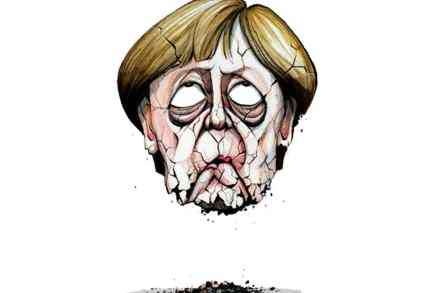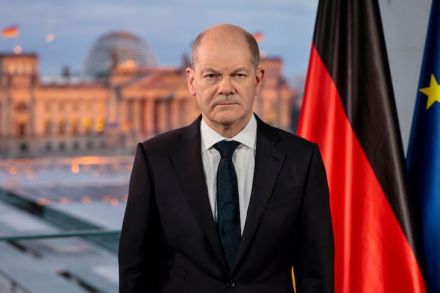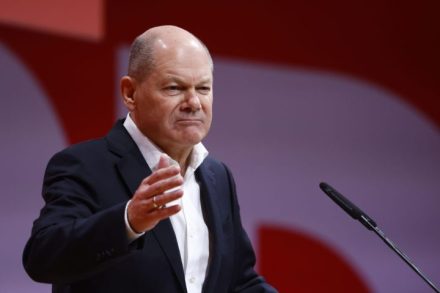Keir Starmer should think twice before shunning Marine Le Pen
Riding high in the polls with a 20-point lead, the Labour party is preparing for government. Across the Channel with a 10-15 point poll lead in the June European elections and predicted victory in the 2027 presidentials, the Rassemblement National is making tentative preparations for government too. Two years after forming his cabinet, Sir Keir Starmer’s cross-Channel interlocutor will be either Marine Le Pen or – should her ineligibility be declared in the forthcoming October trial for alleged misuse of European parliamentary assistants – the RN’s star president Jordan Bardella. David Lammy, who is given to intemperate language, should avoid insulting the future French government Labour’s election manifesto is yet





















